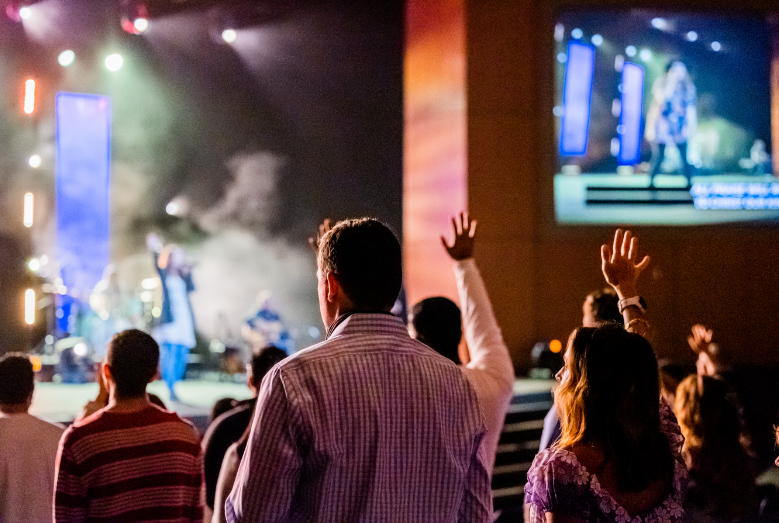Over the spring and summer months, live music and concert tours are abundant in the United States and other cities around the world. Festivals and artistic performances lead to a vibrant culture and economic prosperity for the locals, but what’s in it for the audiences aside from fun and entertainment?
According to recent studies, attending concerts can boost our happiness and help us live longer. Hearing live music and seeing musicians perform decreases the release of cortisol and other stress hormones. Researchers have also noted a decrease in heart rate, blood pressure, and respiratory rate which makes it a good hobby for adults and seniors alike.
A natural pain reliever
When something makes us happy and feel relaxed, the brain releases endorphins which are chemicals produced by the body to reduce pain. In Canada, doctors can now prescribe time with nature by providing free passes to Canada’s national parks. Scientists have noted the immense health benefits of spending time in nature as a form of treatment for physical and mental health. Why should music be any different?
While music therapy is widely recognized as an evidence-based treatment that helps with cardiac conditions, depression, and Alzheimer’s disease, live concerts provide additional healing benefits through social means.
Entering into a social contract
Nothing can replace the live music experience. Even though there are virtual reality programs and live streaming services of our favorite artists, these performances are best felt in the same environment. Music events offer escapism which we’re unable to replicate due to the physical proximity of enjoying it with someone else.
For example, silent concerts were first introduced in the late 1990s and they gained popularity again in the early 2010s with the rise of wireless headphones. Concert goers will emphasize the importance of a good audio experience, but what’s often overlooked is the social contract that binds the audience whenever live music is performed. The feeling of sharing an experience with friends or strangers almost exclusively is what makes live performances unique.
A desire for community
Concerts and festivals create a sense of community that we can’t find anywhere else. This temporary relationship between the audience, artists, organizers, booth vendors, and service providers all boils down to our human need to connect. The feeling we get when we bump into an old friend or sing along with the crowd is unparalleled.
Furthermore, it creates lasting memories that our brain registers to be extraordinary, helping us relive the moment when sharing the story or looking at photographs taken from the event.
Time for a new prescription
It’s no secret that live performances were the first to go when social distancing measures were introduced. If only doctors could prescribe live music to all of us who are suffering from this pandemic, then we can get free passes to these amazing experiences! Fortunately, live concerts are coming back along with safety protocols to ensure that audiences and artists practice care. With all the health benefits outlined above, it’s time we add live music to our bucket list once again.
Sources:
https://www.aarp.org/health/healthy-living/info-2018/live-music-longevity-happiness-fd.html
https://my.clevelandclinic.org/health/treatments/8817-music-therapy

